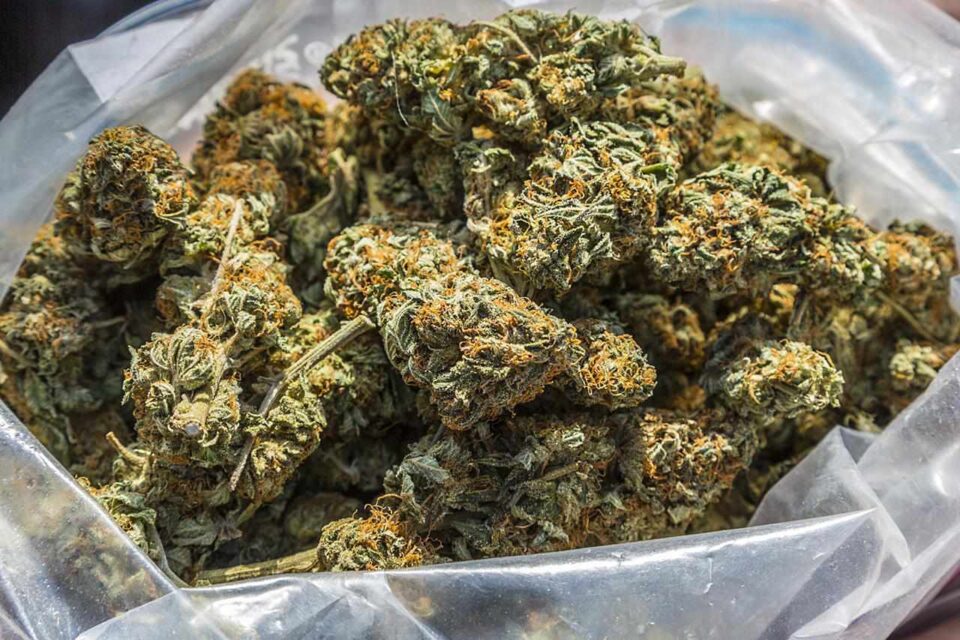The government has slightly revised rules on the sale and use of cannabis as a “controlled herb”, while awaiting passage of a bill that has been delayed by growing opposition from lawmakers and others who are concerned about recreational drug use.
Thailand in June became the first country in Asia to decriminalise the use of cannabis, but designated the plant as a controlled herb and banned sales of all parts of the plant to people under age 20 and women who are pregnant or breastfeeding.
Cannabis liberalisation was the flagship policy of the Bhumjaithai Party led by Anutin Charnvirakul, a deputy prime minister and minister of public health. However, it has taken place in a legal vacuum, and recreational use of marijuana has skyrocketed in just a few months.
Mr Anutin has insisted that recreational use was never his goal, and declared that tourists who come to Thailand to get high should think again.
The revised rules announced late Friday by the Ministry of Public Health say that only cannabis buds — the flowers that contain the main concentrations of cannabinoid drugs — will be considered a controlled herb. Their sale will be banned to people under 20 and to pregnant or breastfeeding women.
Licensed businesses must also report to the government the amount of controlled-herb stocks they hold and details of the sourcing and uses. Businesses are required to inform the government each time they export controlled herbs.
It is not clear yet how this might affect the many dispensaries that have opened, especially in Bangkok and some tourist spots, and are selling weed and even rolled joints openly to eager customers.
“The previous version listed the whole cannabis plant as controlled, which made it difficult to be used for medical, health and economic purposes,” said Thongchai Lertwilairattanapong, director-general of the Department of Thai Traditional and Alternative Medicine.
“As the draft bill is not yet complete, we need to control it in ways that still allow beneficial uses.”
Sales to students or through vending machines or electronic or online channels are now prohibited, as is commercial advertising.
The government has said repeatedly that decriminalisation was aimed at medical and commercial use and has frowned upon recreational use — though it always stopped short of an explicit ban. However, extracts that contain more than 0.2% of the psychoactive component, tetrahydrocannabinol (THC), remain illegal.
The Move Forward Party (MFP) on Thursday petitioned the Ombudsman to seek an injunction from the Administrative Court to suspend the ministerial announcement removing cannabis from the list of narcotic drugs, pending a more thorough law on cannabis control.
The cannabis bill, which passed first reading in June and was designed to give the government more control over the industry, was withdrawn from a parliamentary session in September.
Opposition members as well as the Democrat Party, a coalition partner of Bhumjaithai, have said the draft lacked enough provisions to prevent recreational use and threatened to vote it down. The bill is expected to be reintroduced for parliamentary debate this month.




